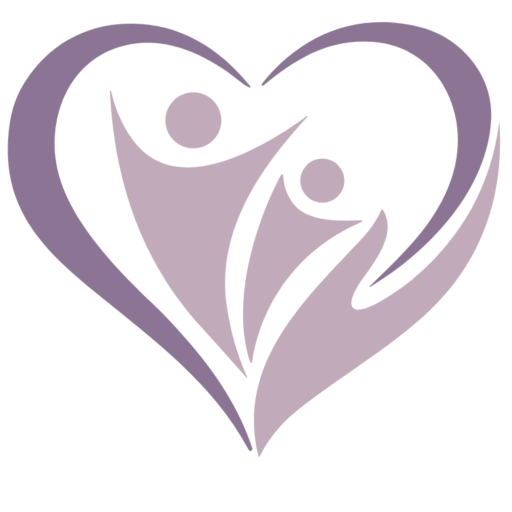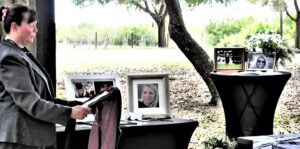Yes, Atheists have funerals
Recently, I was chatting in a group when someone recognized me as the officiant from a non-religious funeral. The conversation shifted abruptly when another person, nose-wrinkled to express distaste, asked: “Atheists have funerals? Why would they?”
It’s not the first time I’ve encountered similar questions. People have also asked me about the purpose marriage in the context of atheism or secular baby-naming or welcoming ceremonies that can either complement or take the place of baptisms. For some, it’s hard to imagine life’s pivotal moments—weddings, births, funerals—outside the framework of religious tradition.
Yet, ritual is fundamentally human. Across cultures and perspectives, rituals allow us to honor love, grieve loss, and support one another. All people, of all religious, secular, and spiritual identities share the human experience of grieving, honoring a loved one lost, and finding comfort in gathering together to say goodbye and to support one another as a community.
The private conversation that followed “Why would they?” was a beautiful moment of connection. But it was also a stark reminder of how limited exposure to diverse perspectives can create barriers of misunderstanding—and add to the loneliness many people feel in their grief.
A Systemic Bias in Deathcare
The deathcare industry, like many service-focused and compassion-based fields, often carries a faith-bias. This may come from the company or may be from the individuals who will be serving you. This can lead to unique challenges for Atheist, Humanist, and other Secular Identities (AHoSI) as well as religious minorities. At their most vulnerable moments, people experiencing grief may face discrimination, identity washing, silencing, or even coercive faith practices.
These challenges may come as a shock, even to those who regularly navigate systemic bias. Death is a subject many avoid, and fewer still think about how their identity—secular, LGBTQIA+, or religious minority—might affect their care when a death occurs. Fewer still take steps to plan for or identify options for affirming, inclusive deathcare.
No one should face additional trauma at such a painful time. Grieving families shouldn’t be pressured to pray, pretend to pray, or defer to someone else’s beliefs. Everyone, regardless of their Religious, Secular, and Spiritual Identity (RSSI), deserves deathcare that authentically honors who they are.
Planning Ahead is Self-Care
Planning ahead is an empowering act of self-care. By creating inclusive directives, you can ensure that your wishes are respected and that you and your loved ones are treated with dignity.
Here are a few ways to plan for inclusive deathcare:
- Choose a Certified Humanist Celebrant: Provide instructions in your planning documents for hiring a Humanist Celebrant or Chaplain. These professionals can guide you and your family through the entire process - from Hospice to Graveside - and may even contact deathcare professionals, funeral homes, and/or cemeteries to advocate on your behalf, or attend such meetings with you.
- Vet Providers Early: Research funeral homes, cemeteries, and other providers in advance. Review their websites, social media, and public messaging. Visit their location and note how their décor and the language of the staff make you feel. Be open and consider how they respond to your identity and values. Trust your instincts—if something feels off, keep looking.
- Rely on Advocates and Allies: Remember, you are not alone. Allies and inclusion-focused professionals are here to support you.
By taking these steps, you can reduce unnecessary stress for your loved ones and ensure that your identity is authentically honored.
Building Bridges in Deathcare
Moments of connection—like the conversation sparked by “Why would they?”—are powerful opportunities to build bridges. But systemic change requires broader efforts to create inclusion and understanding. Advocates, allies, and organizations working in deathcare are building those bridges every day.
If you have questions about inclusive deathcare—whether for yourself or someone you love—know that help is just an email, call, or text away. Contact me.
Resources
- Identity Affirming Deathcare Directives: A free, fill-in-the-blank guide with mental health and other resources for LGBTQIA+ and minority RSSI communities.
- The Humanist Society: Connect with certified Humanist Celebrants, Chaplains, Lay Leaders, and Invocators.
- National Consortium for Inclusion in Deathcare: A growing network of inclusion-focused professionals and researchers. Contact 407-608-9242 to get involved.



